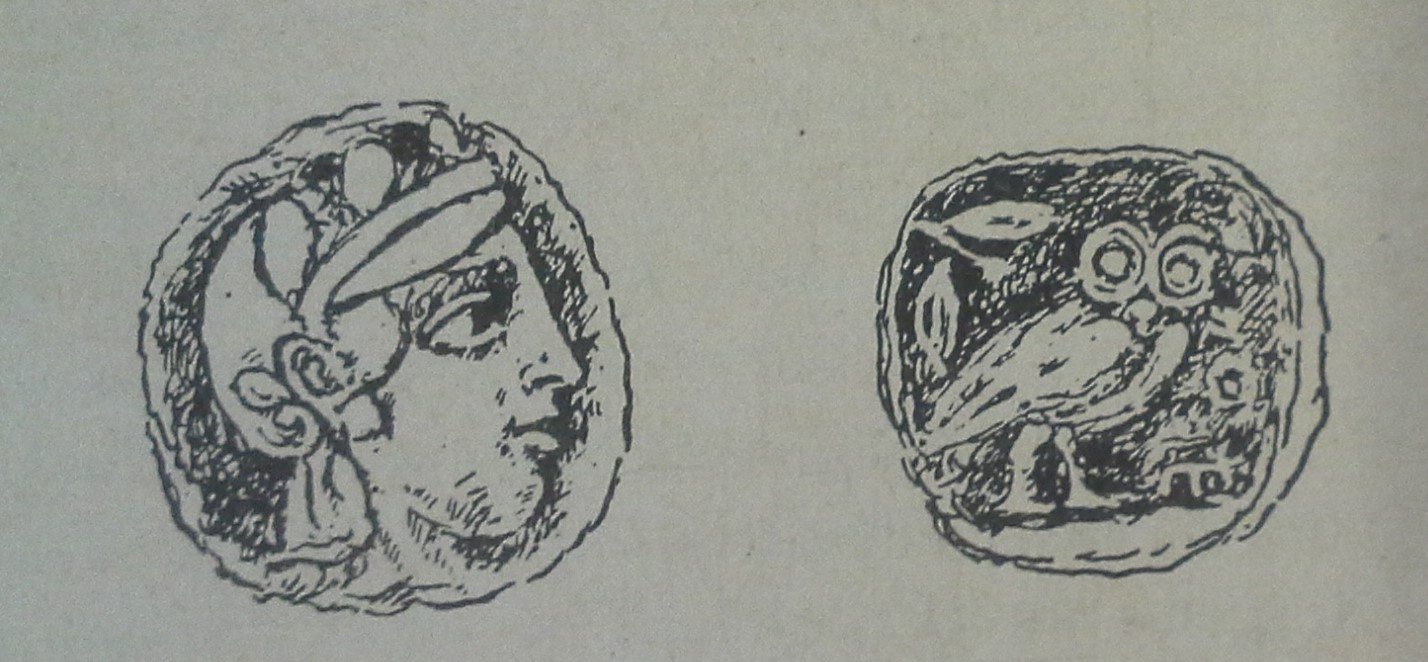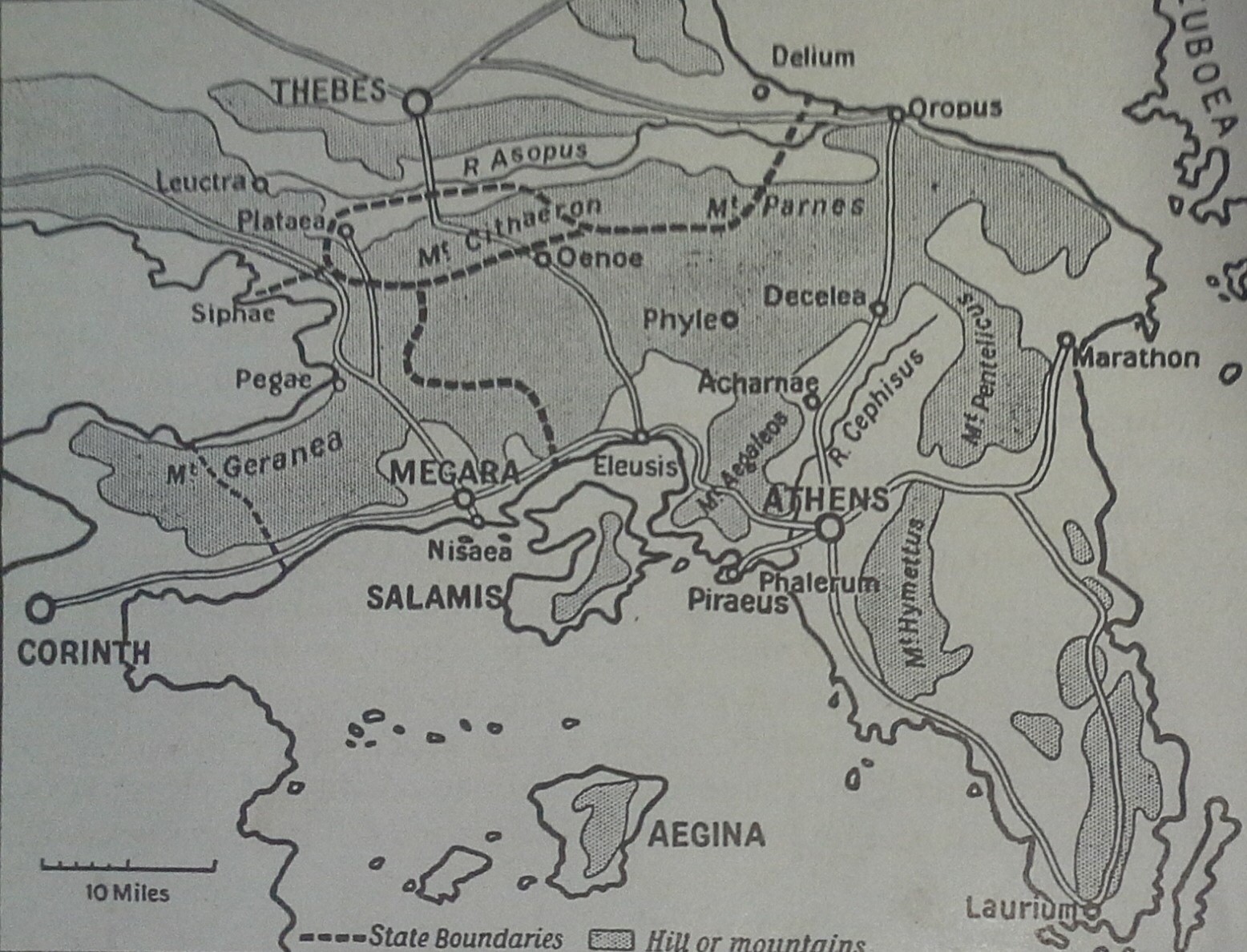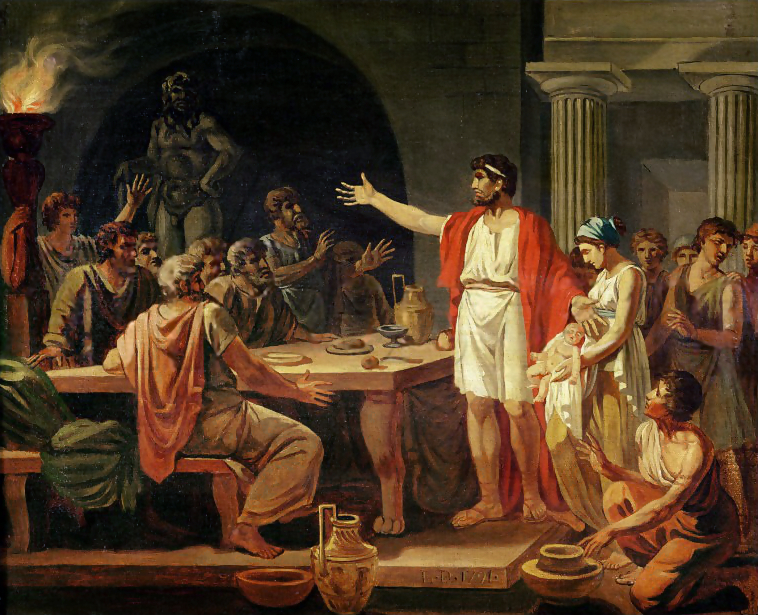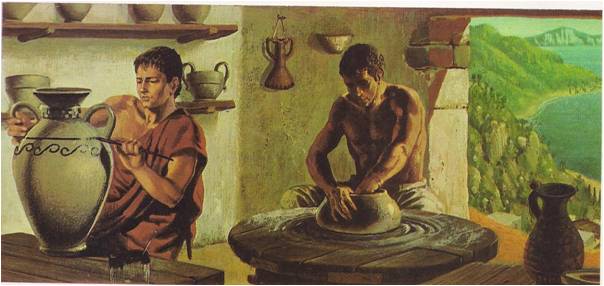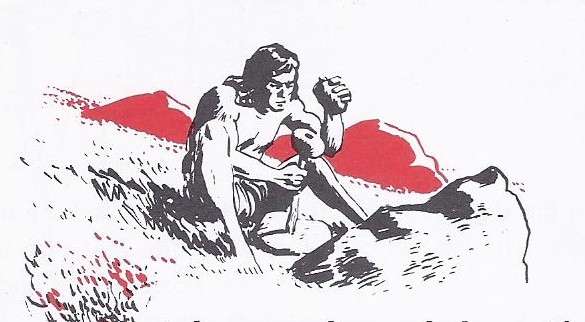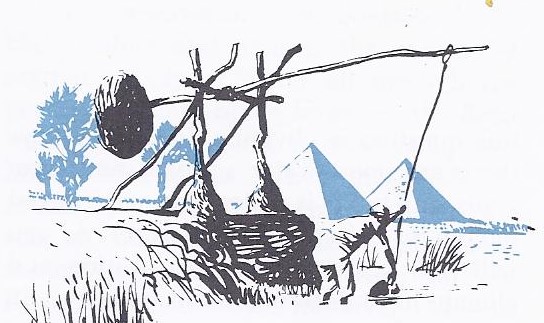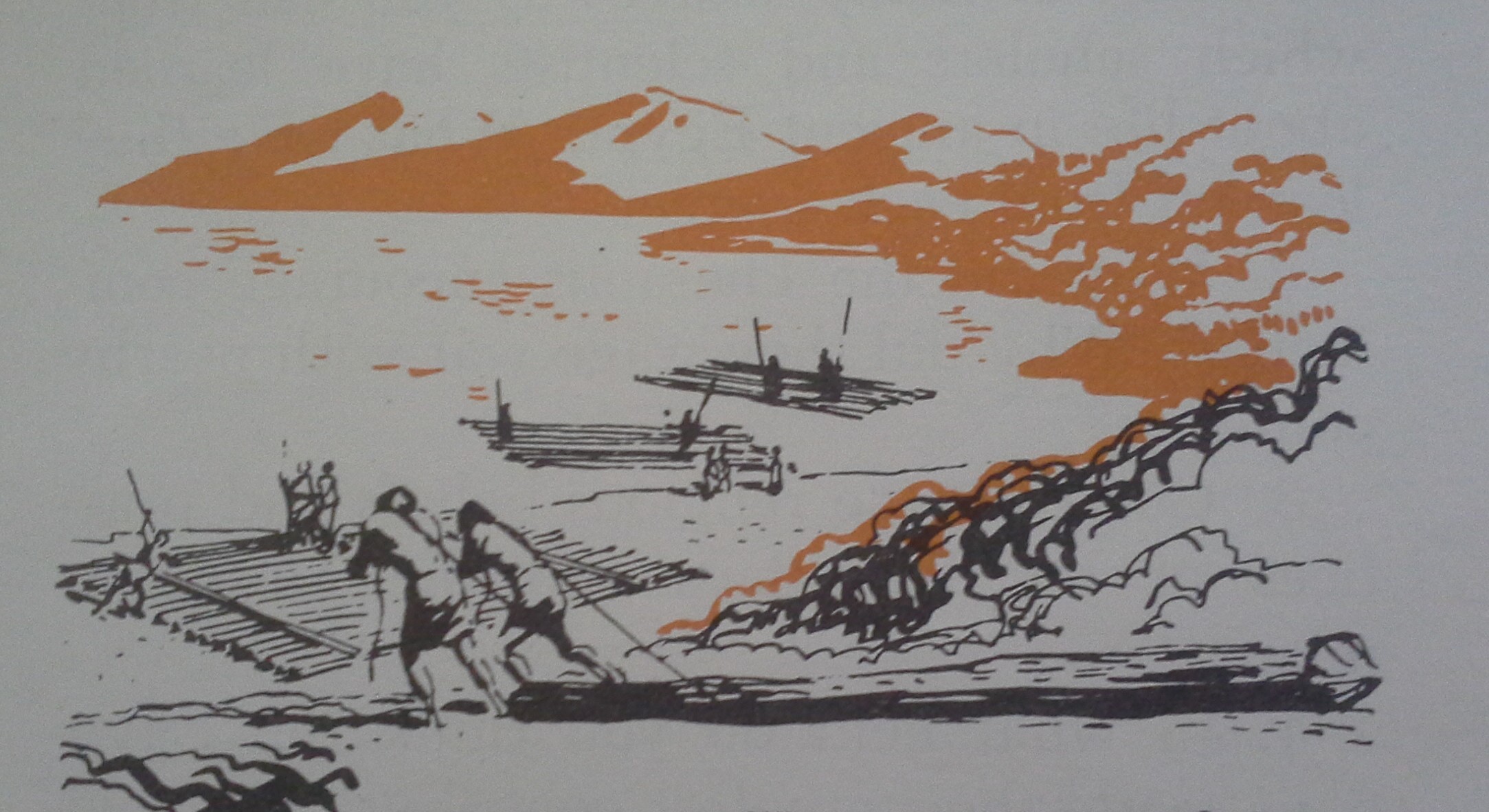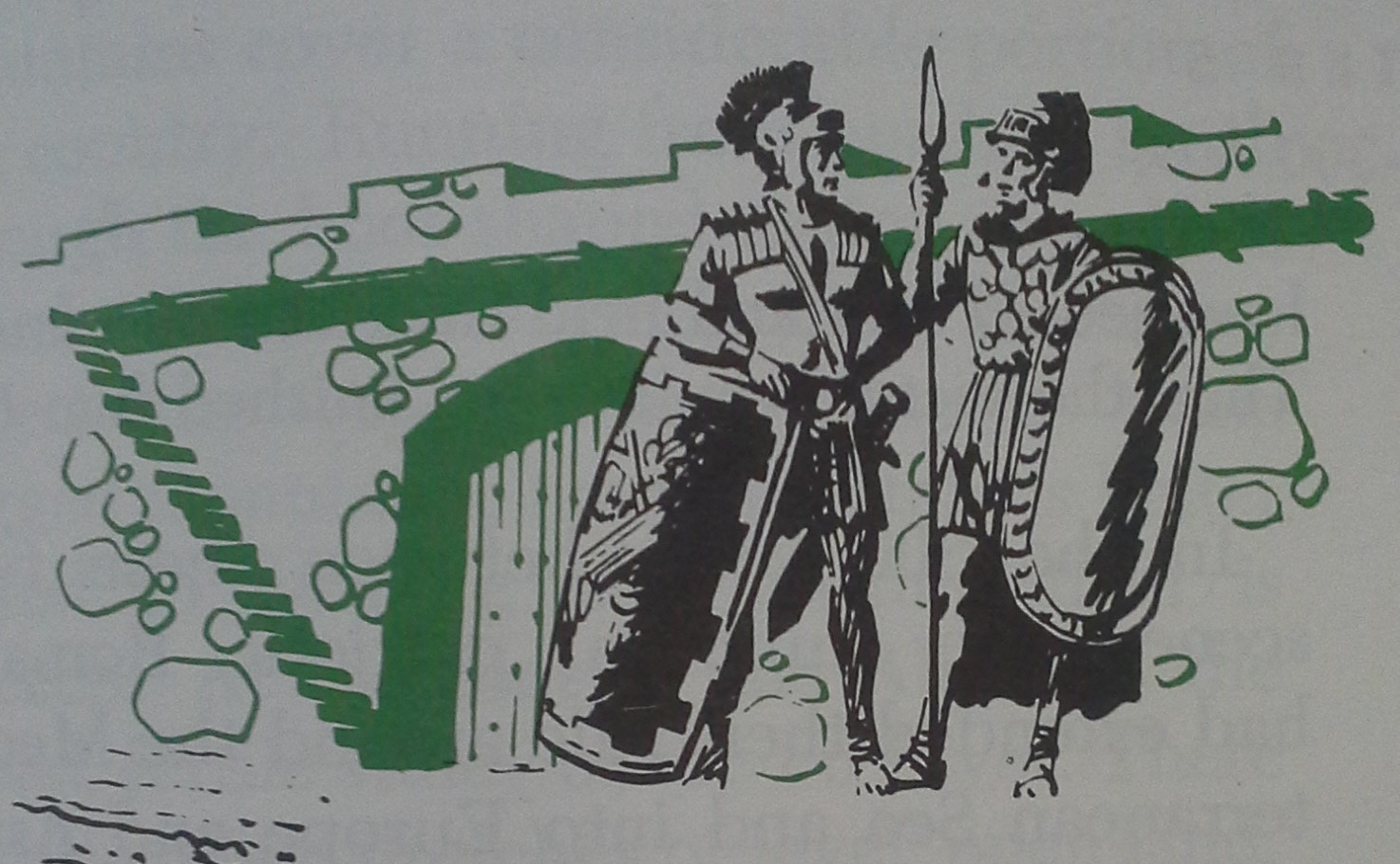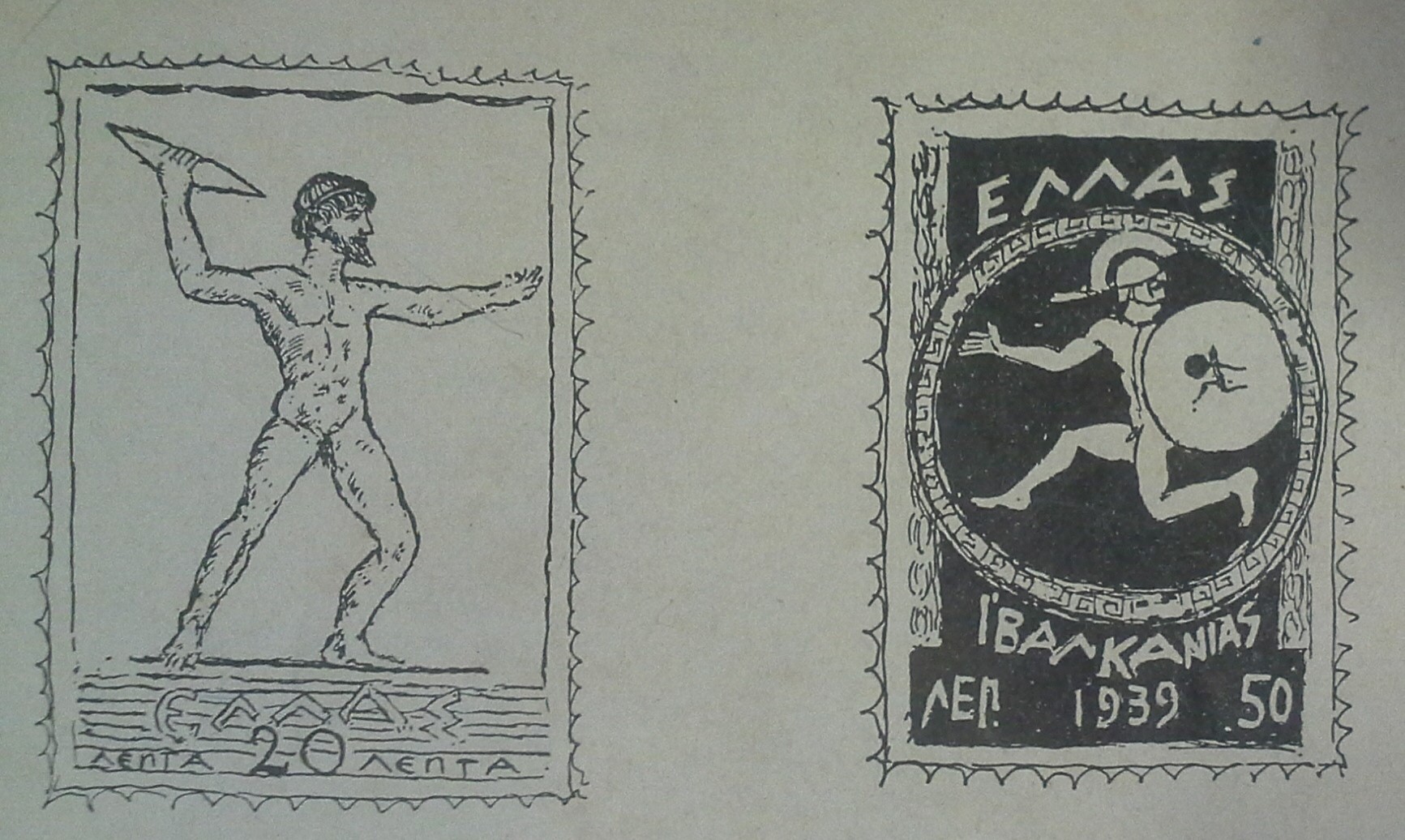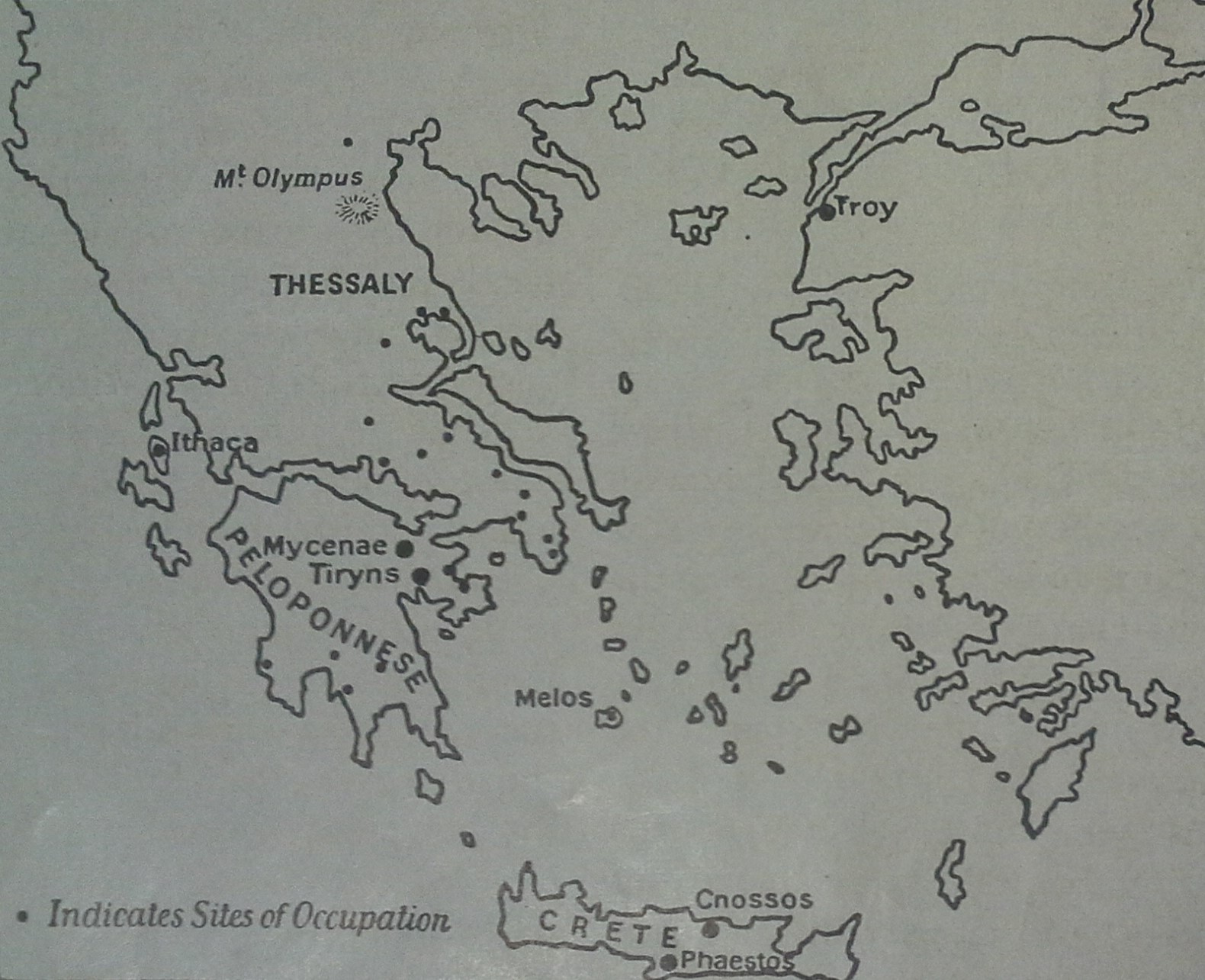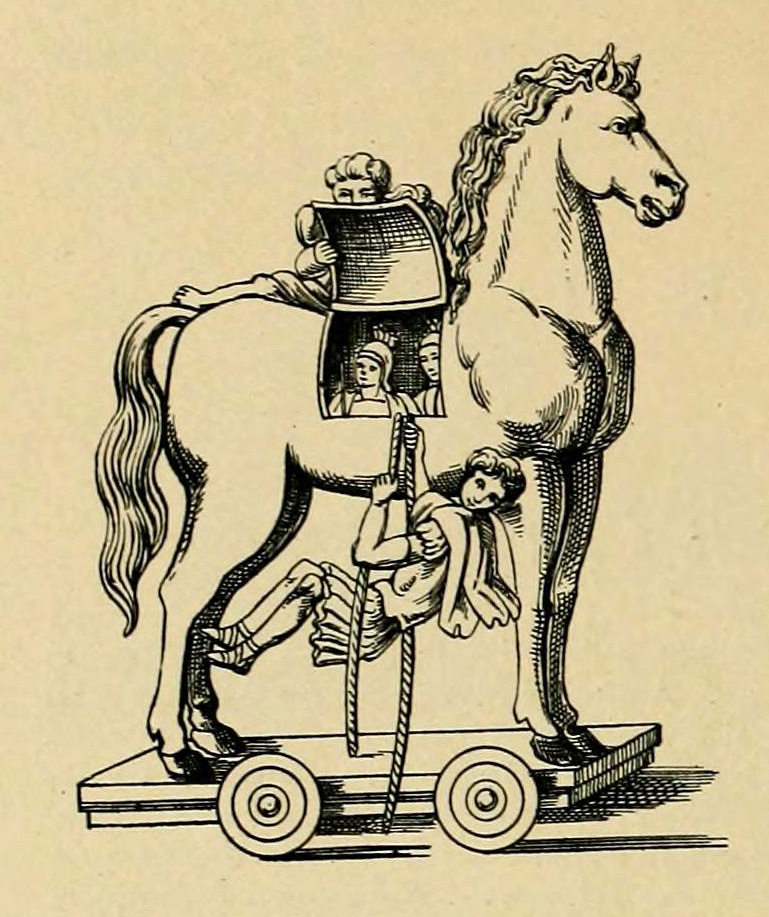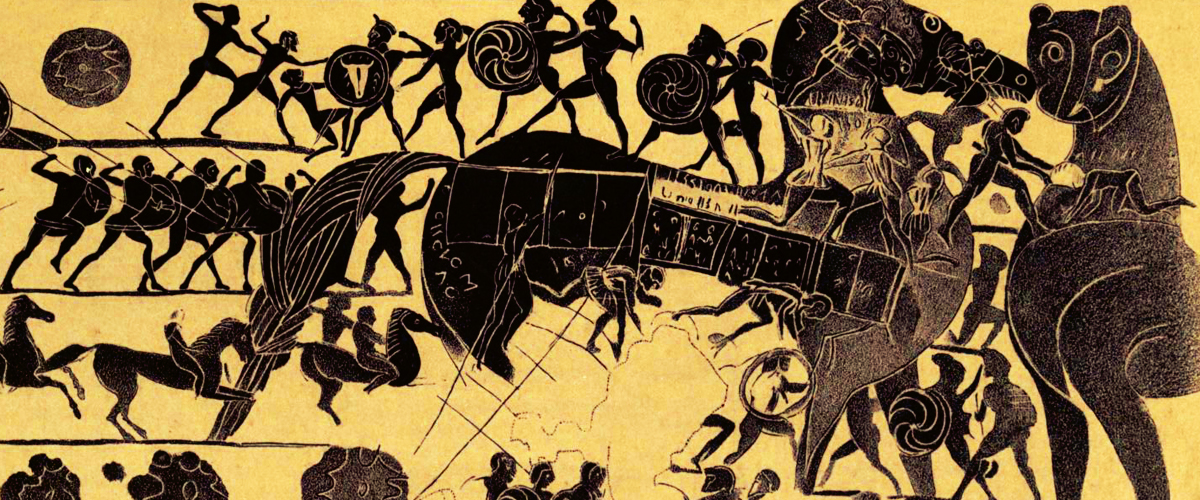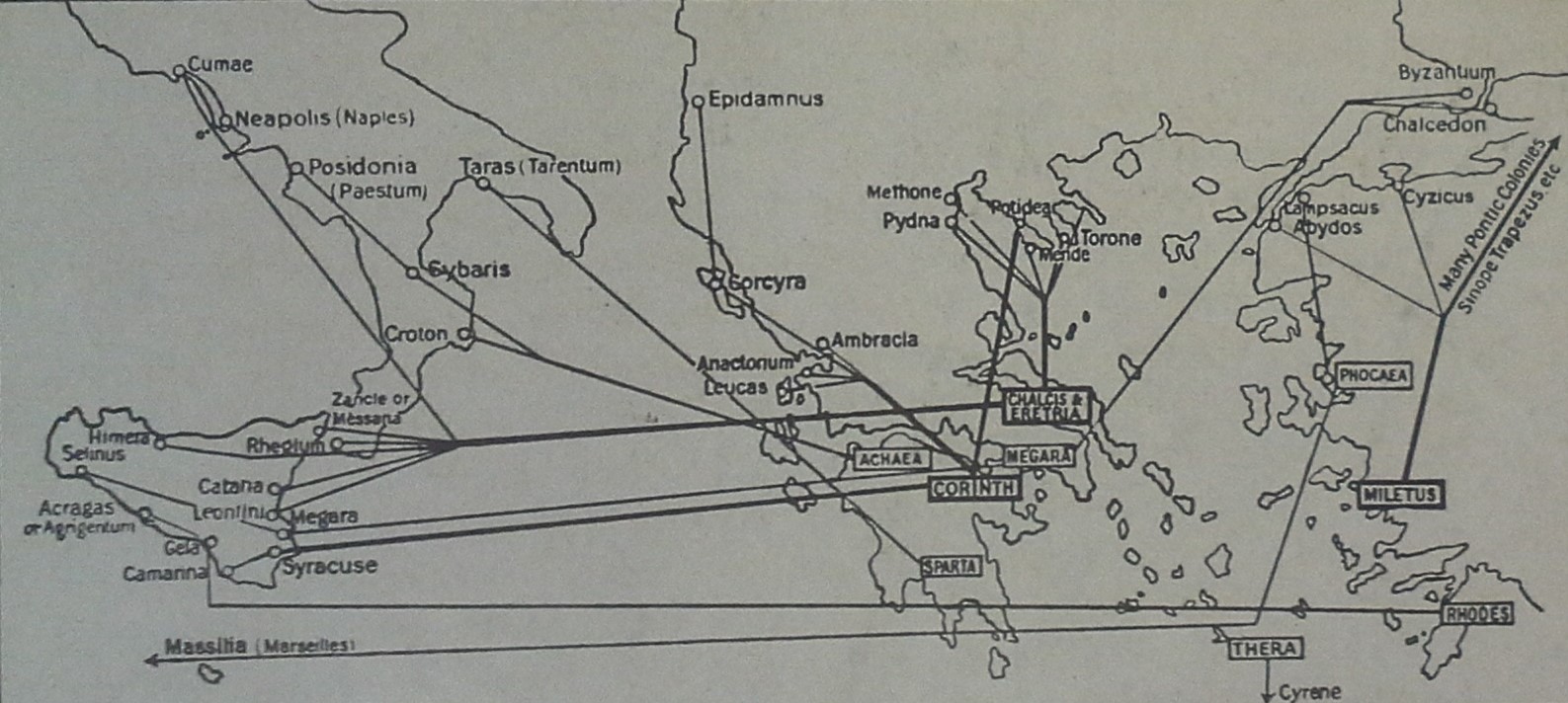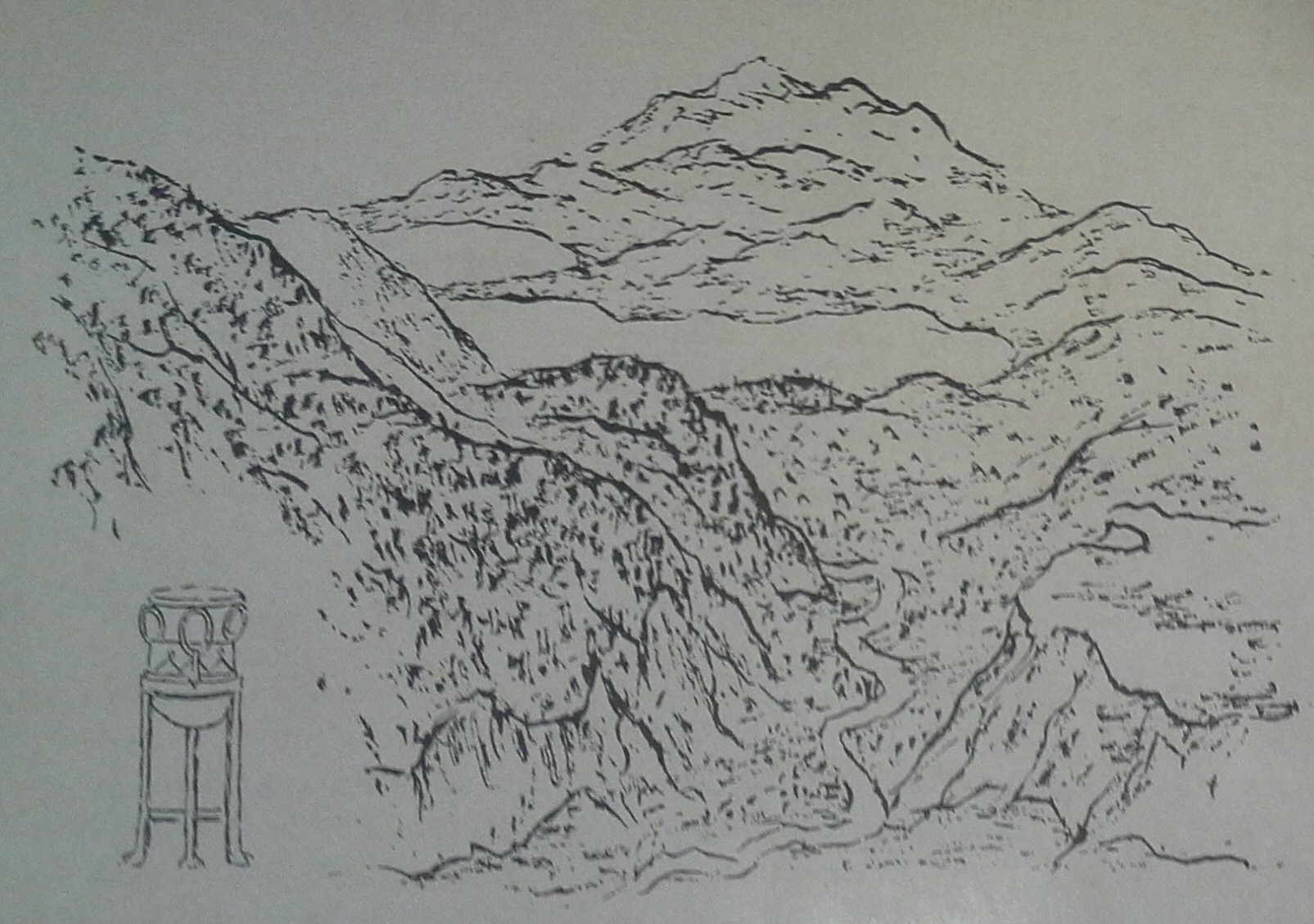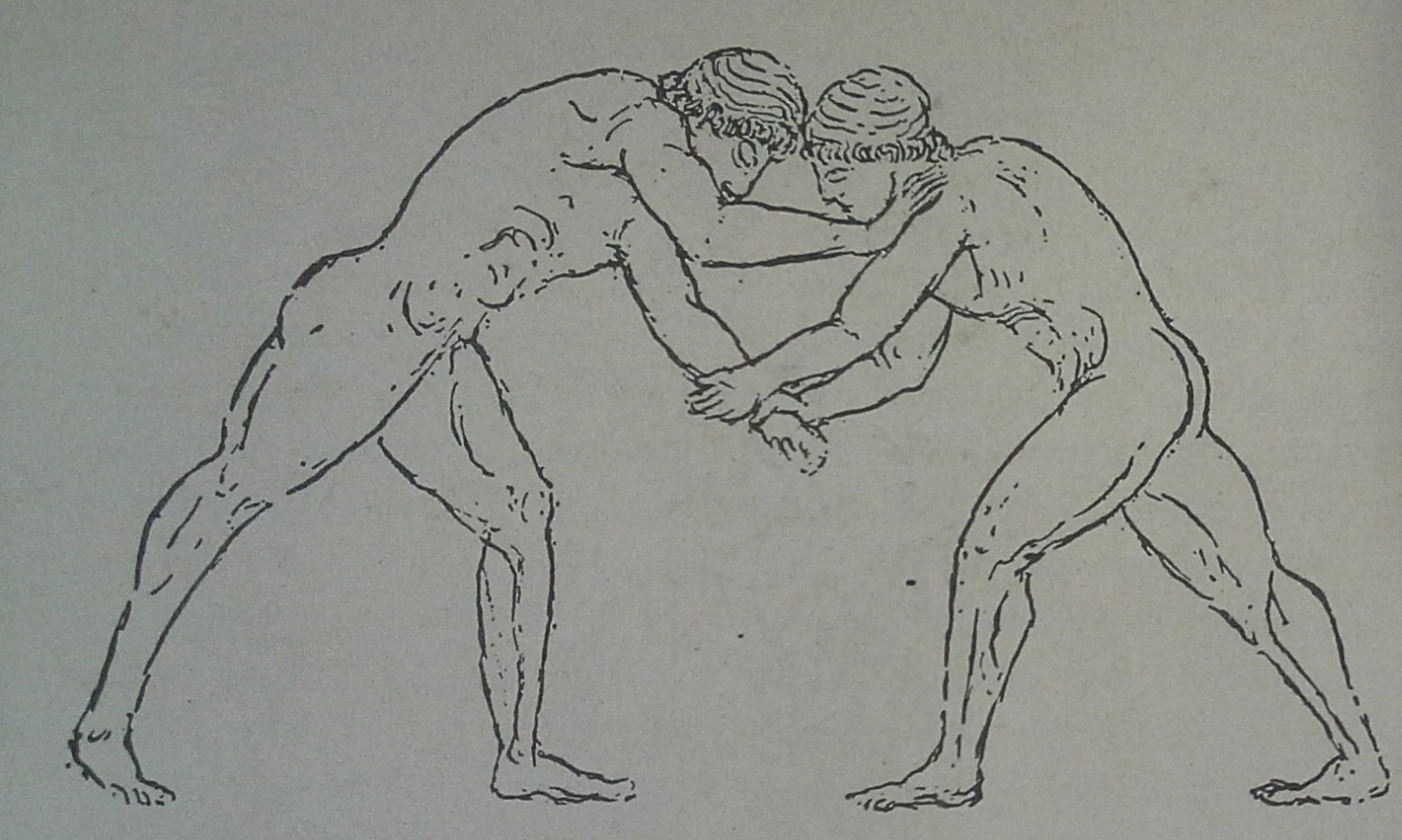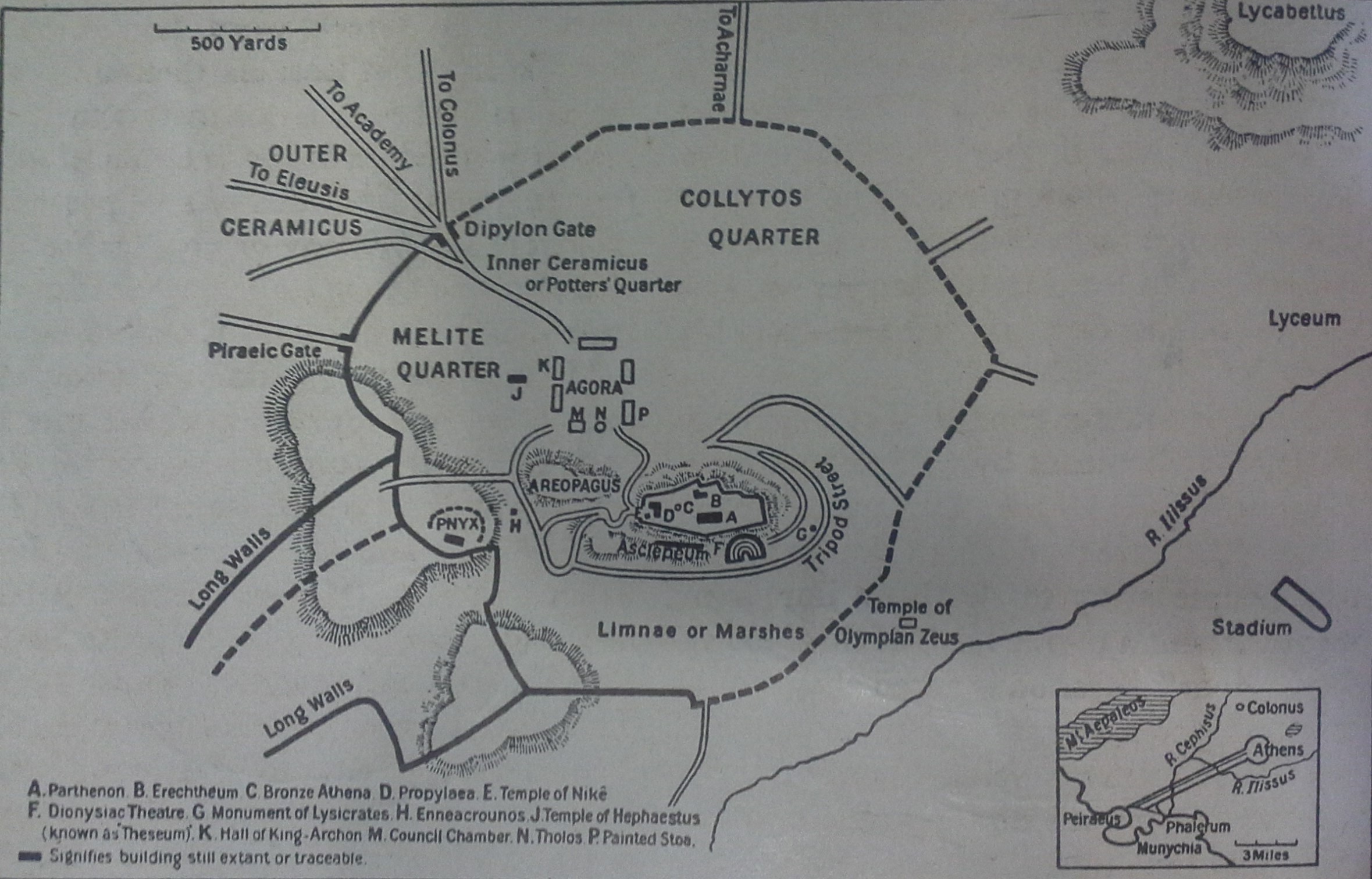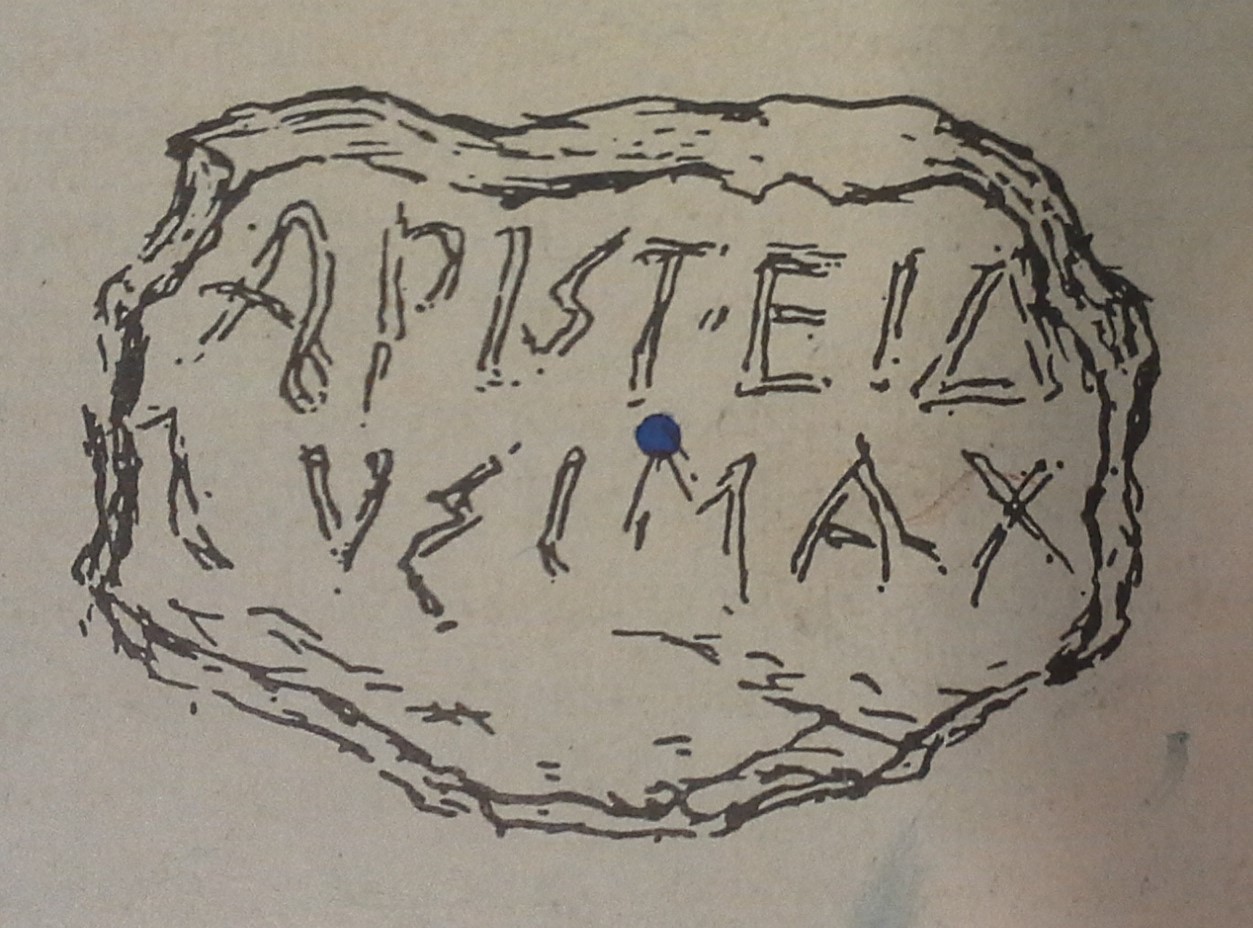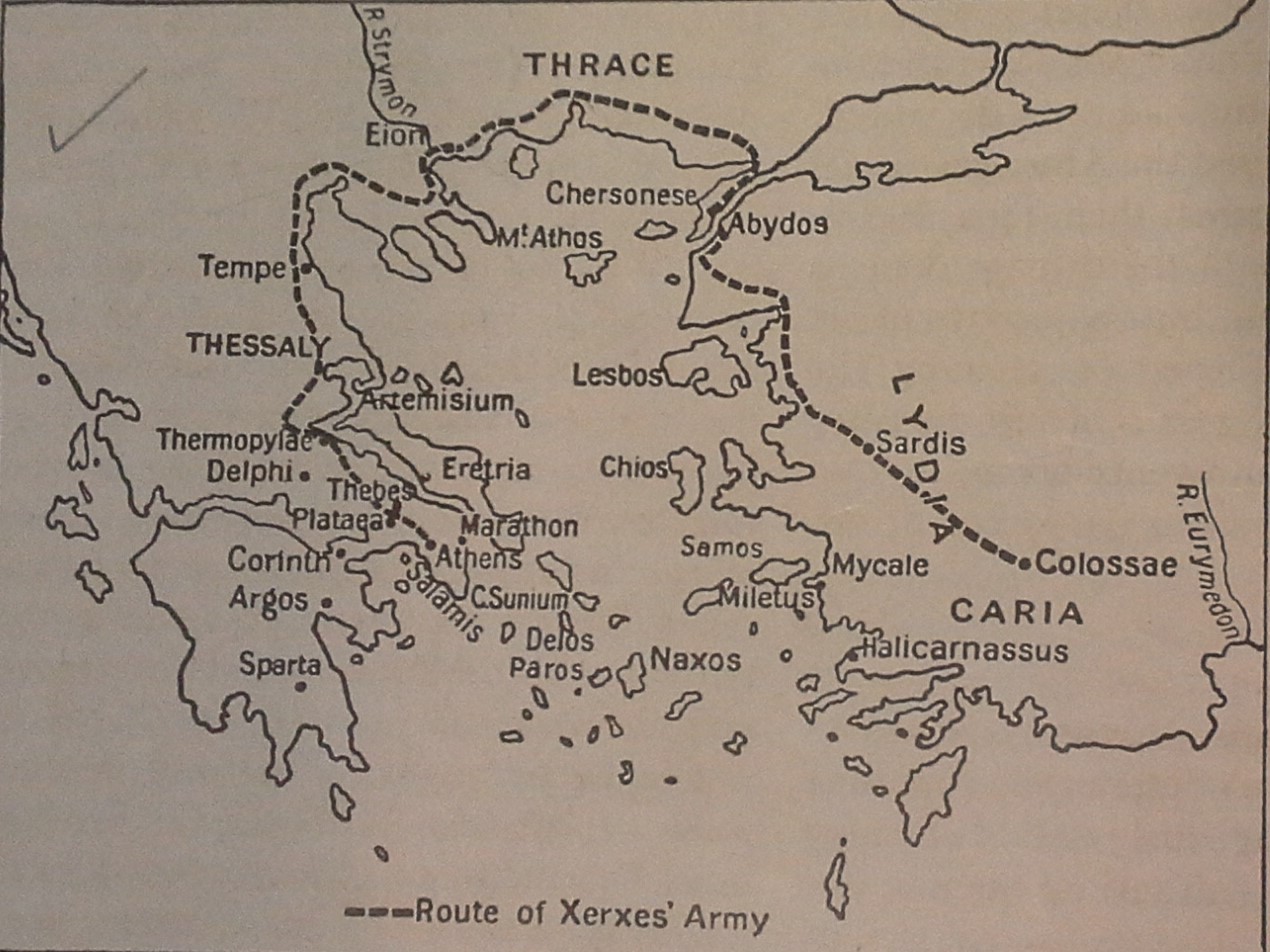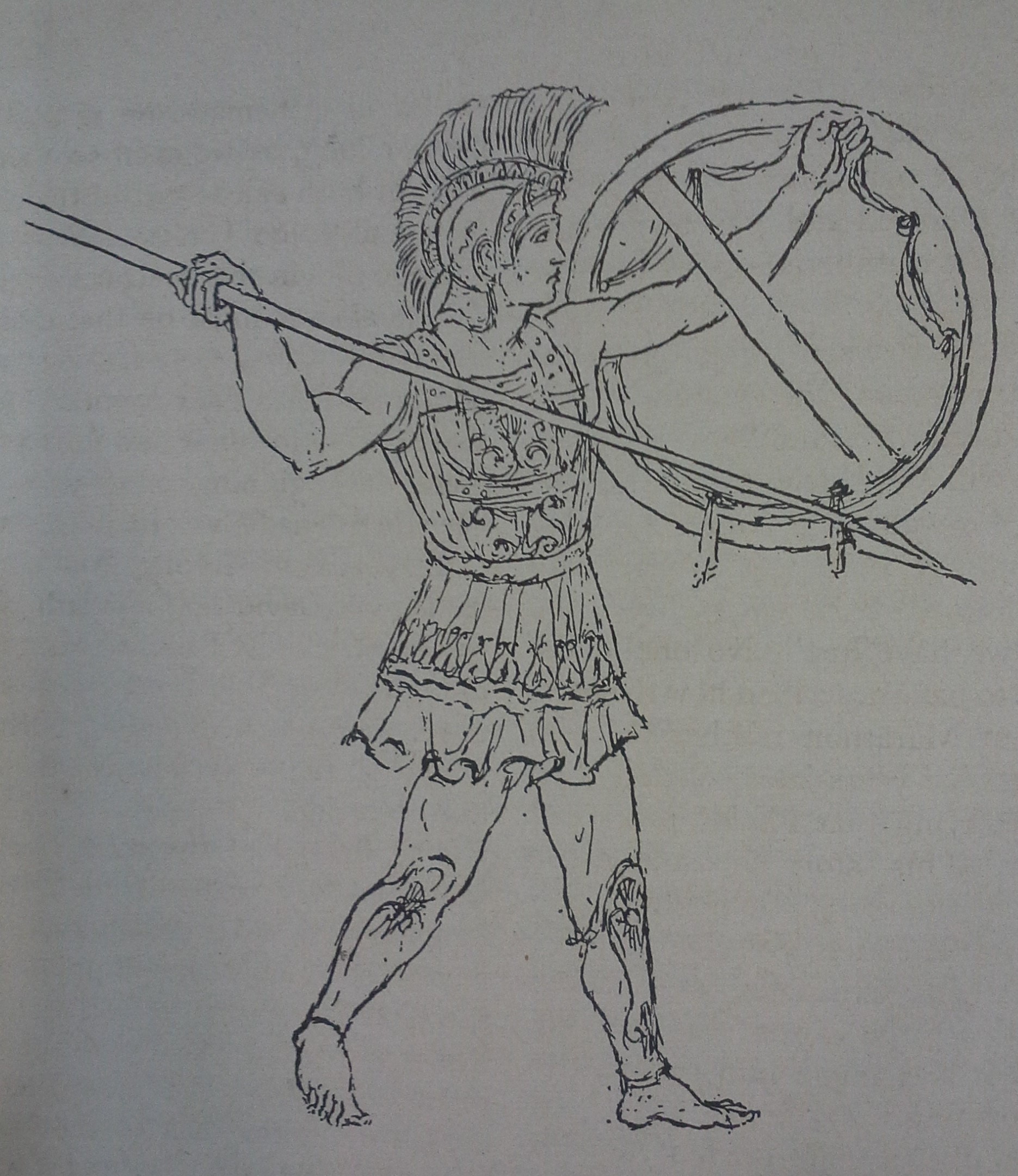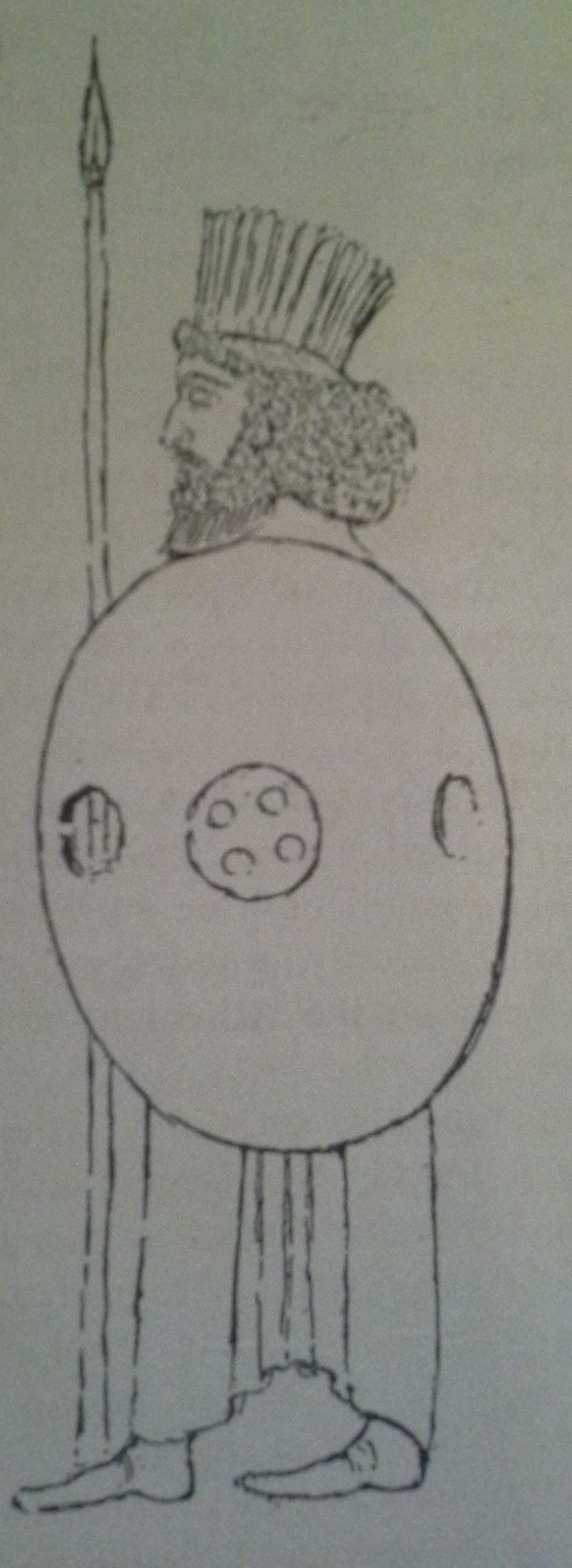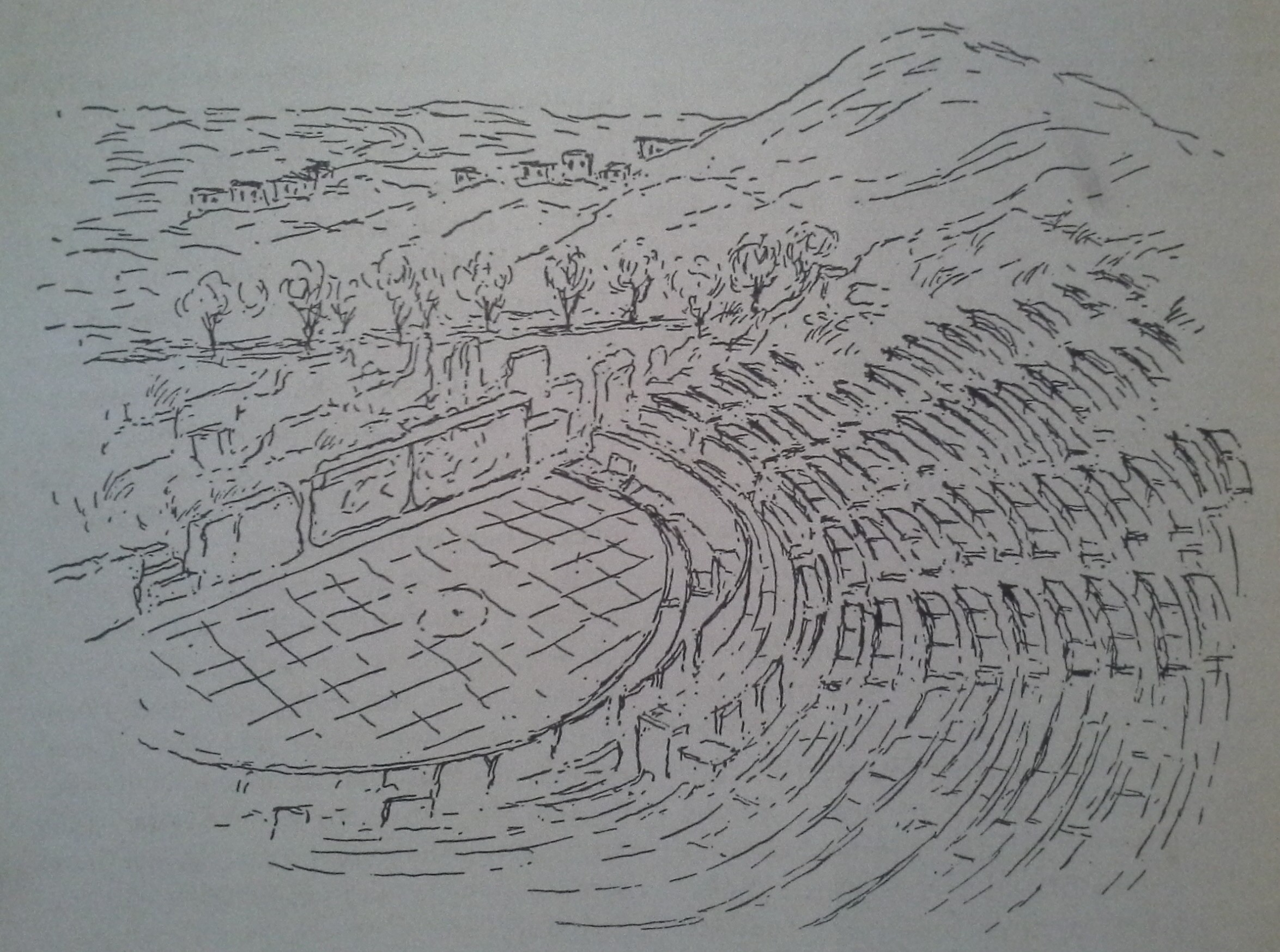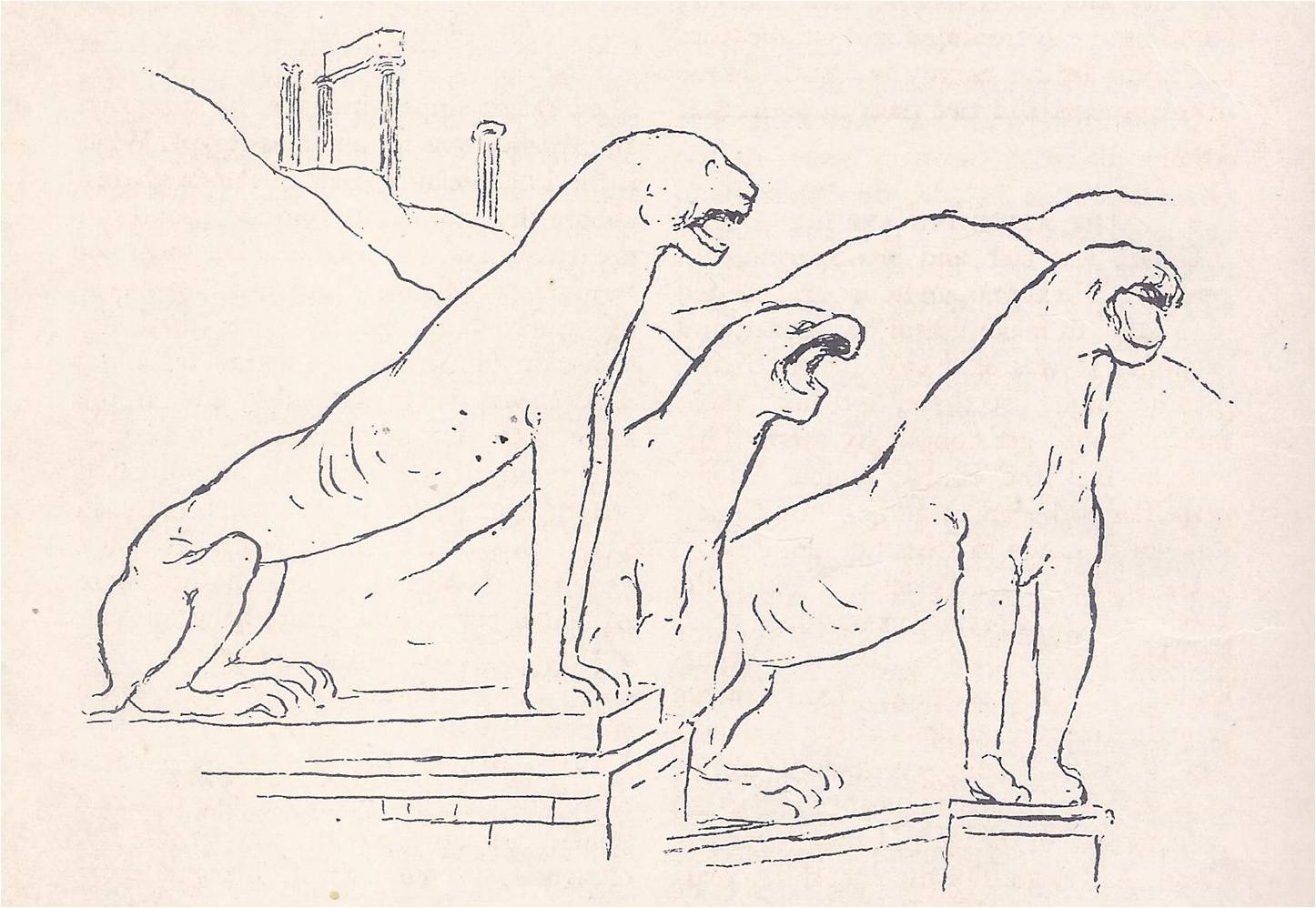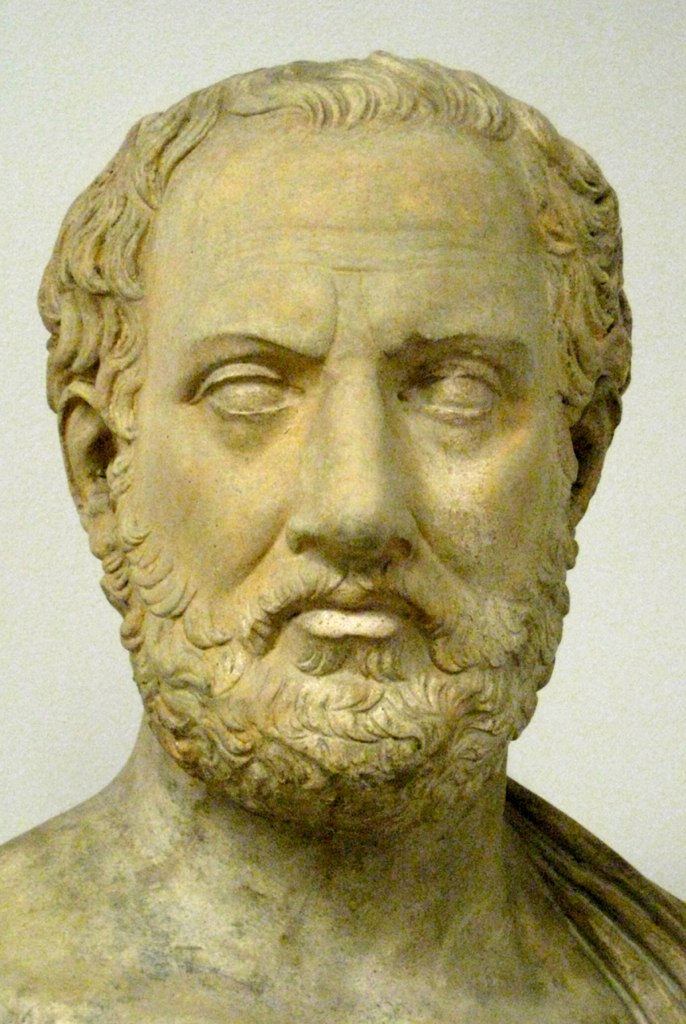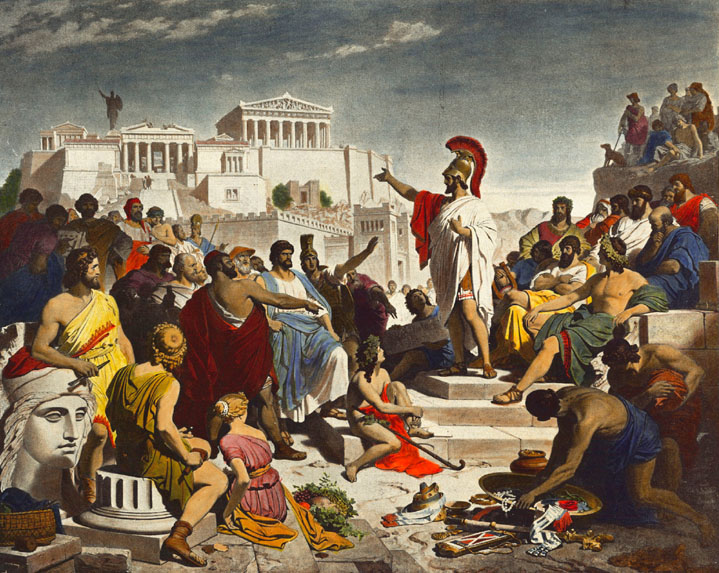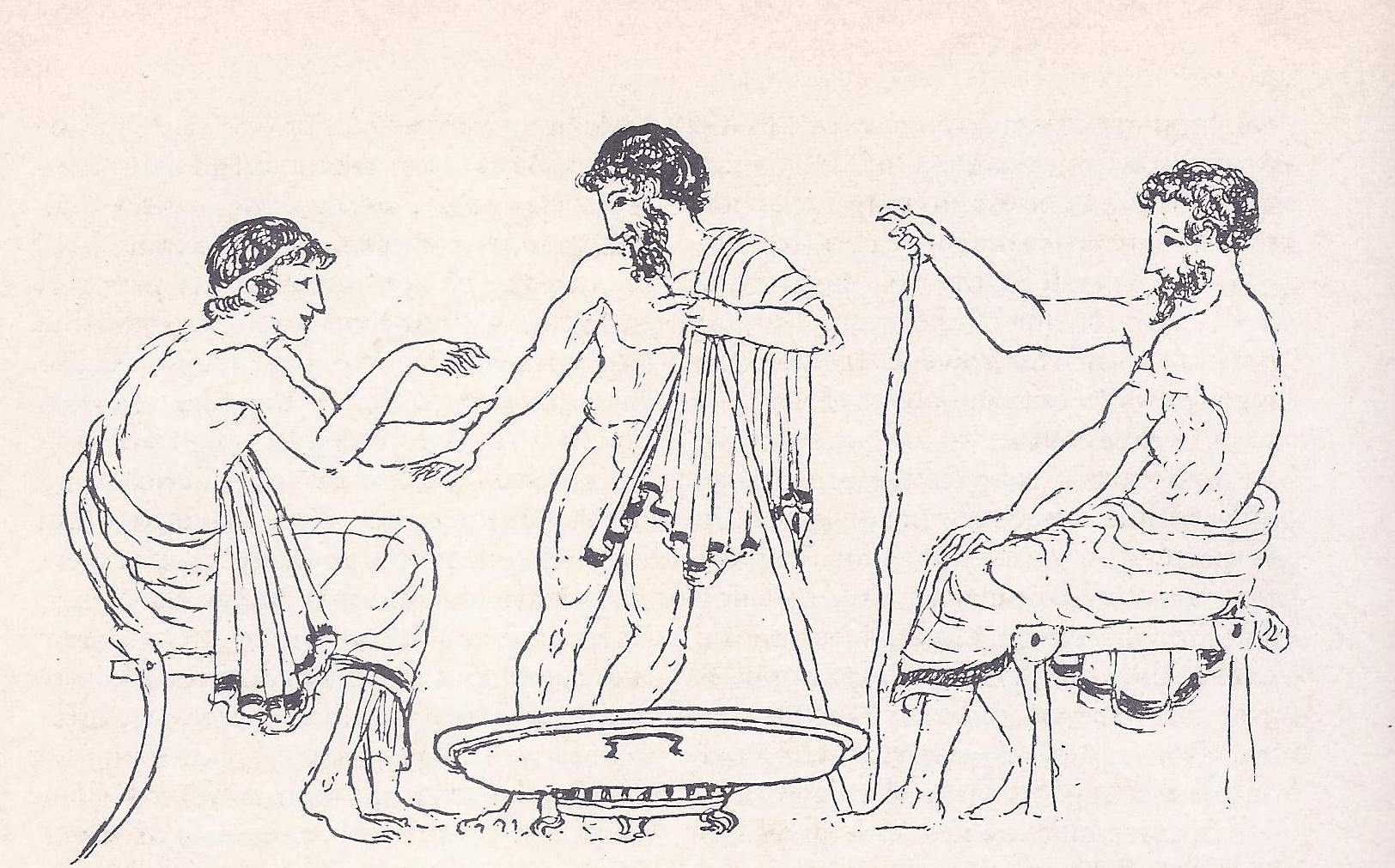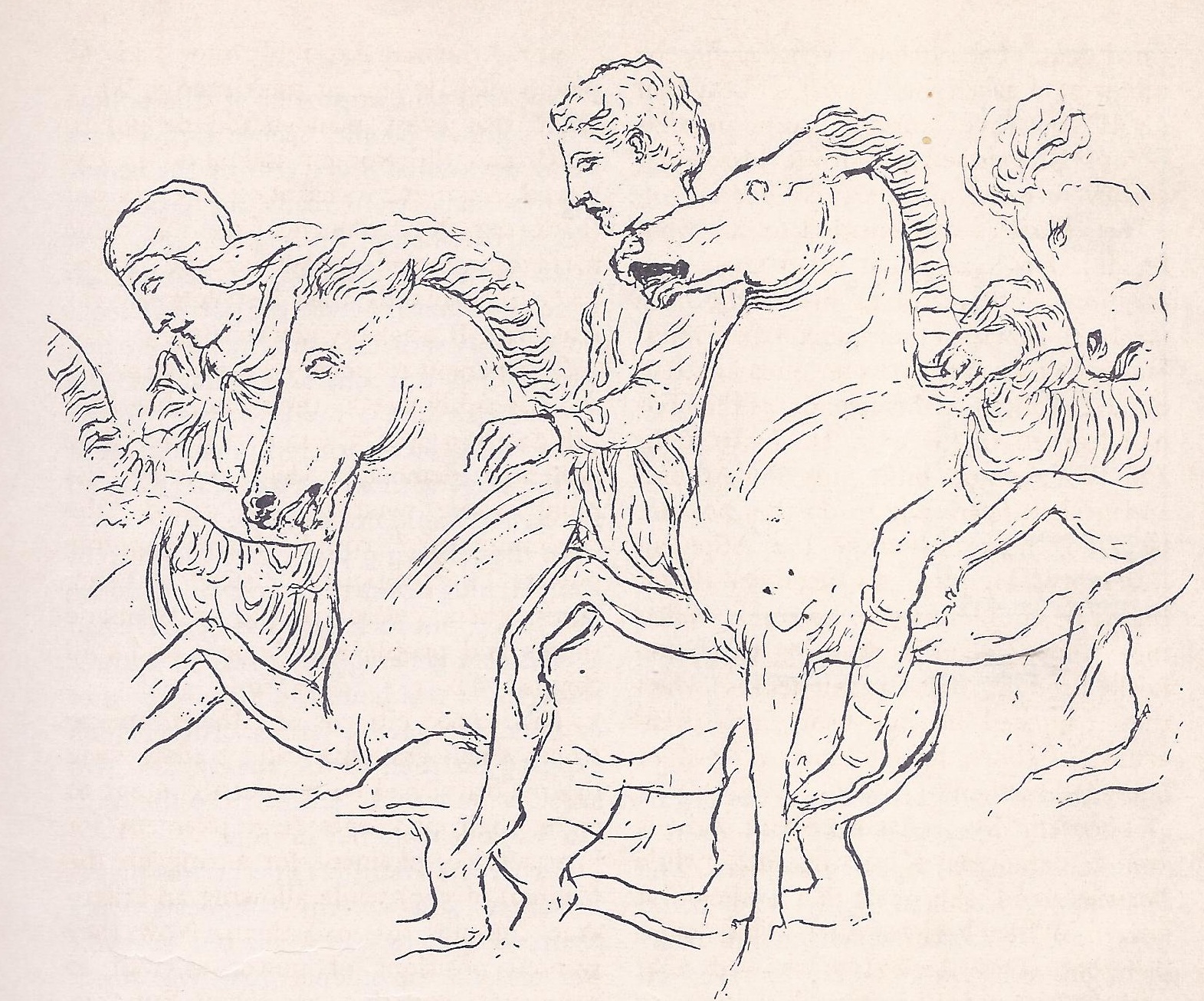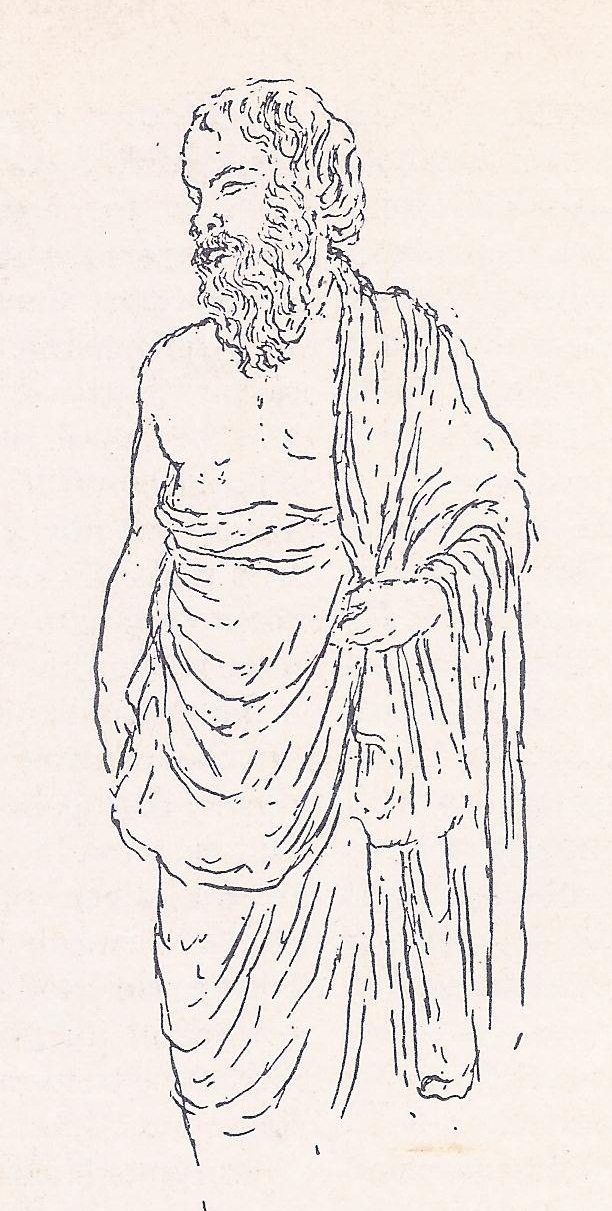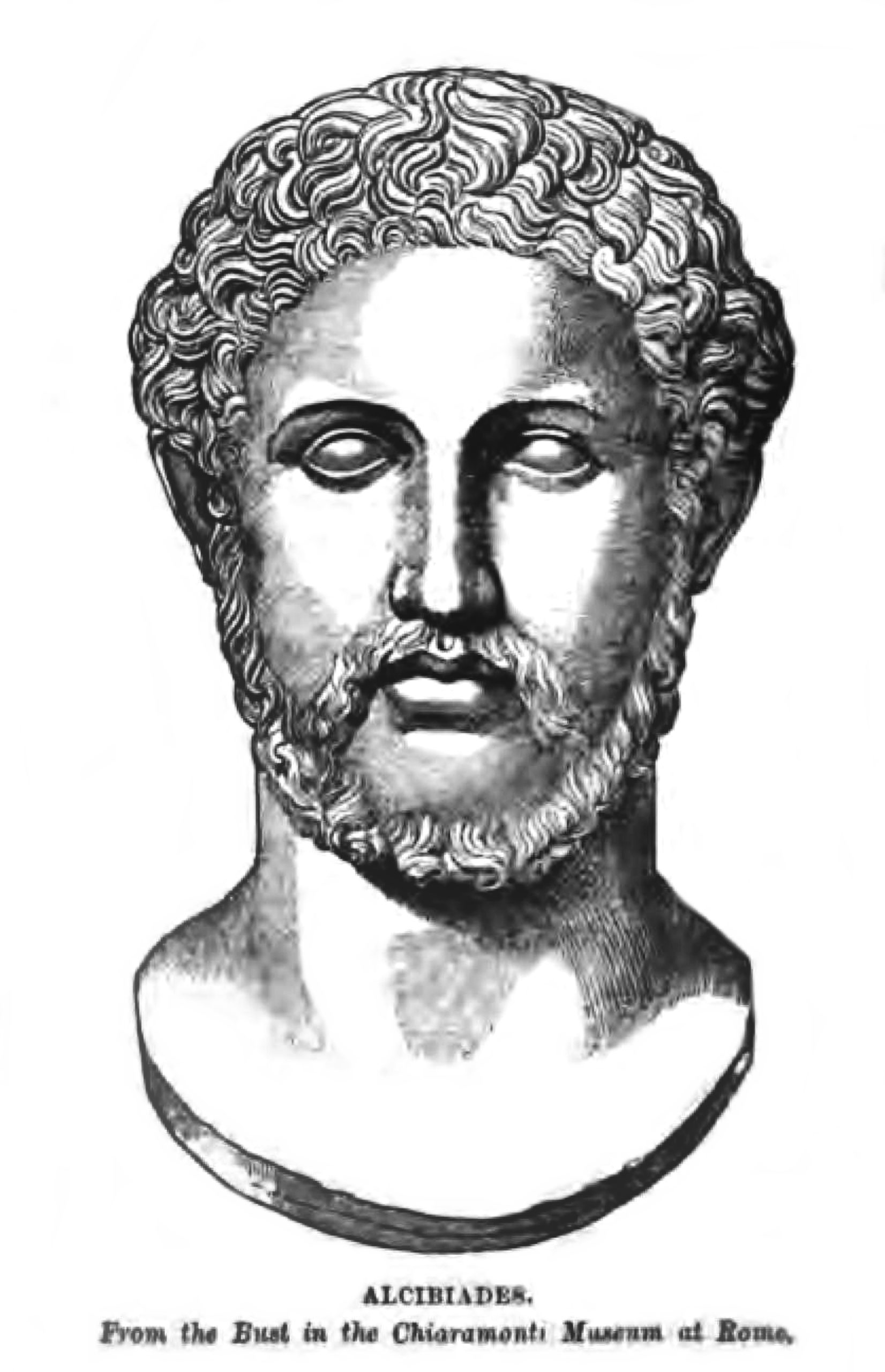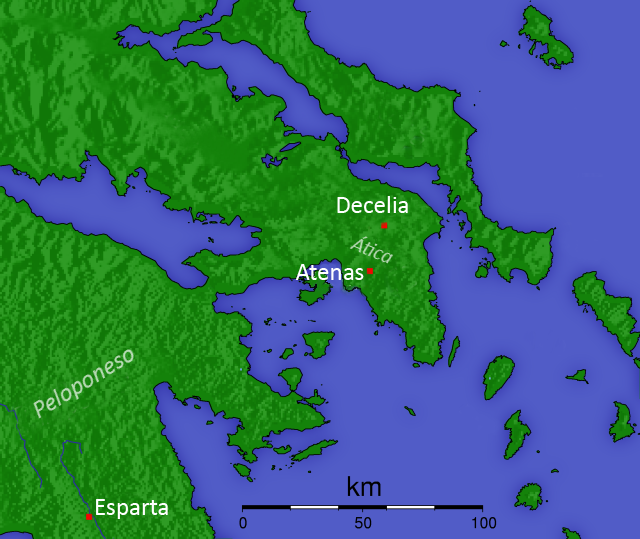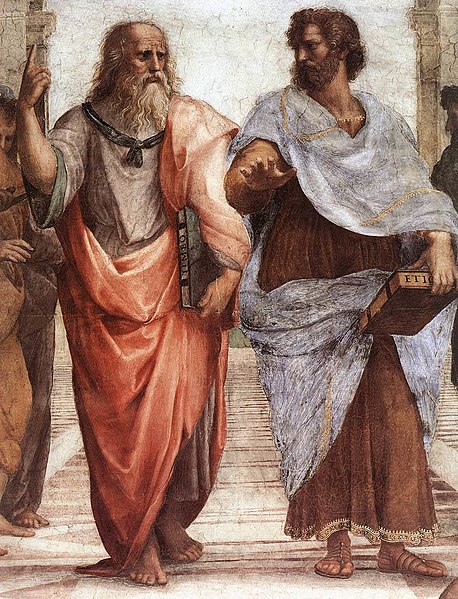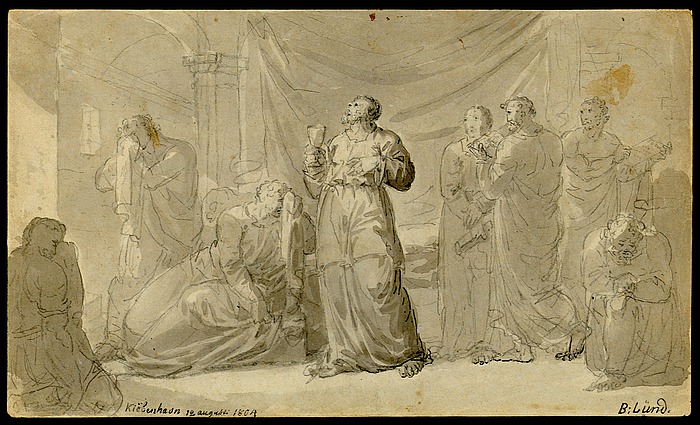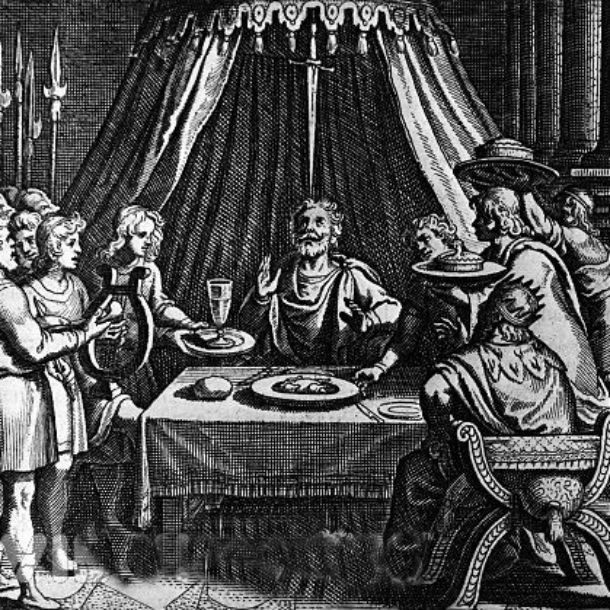Latest Posts
A Spartan grows Up
A Spartan child was examined at birth. A healthy infant was allowed to live. Weaklings were not wanted. They were
Early Civilizations to Modern Age
Gods and Heroes 800 B.C. – 550 B.C.
From island to island and town to town, across the wide new world of the Greeks, the minstrel wandered, with
Kings, Tyrants and Democracy 1000 B. C. to 100 B. C.
During the Dark Ages, the large kingdoms of Homer’s Achaean heroes had disappeared. The Greek world was now dotted with
Athens: City of Wisdom and War 700 B. C. to 500 B. C.
Of all the city-states in Greece, Athens was the most fortunate. The city’s guardian was Athena, the goddess of war
Distant Past and New Challenges
Milestones of History
Egypt Becomes an Imperial Power (1450 – 1400 B. C.)
We have seen that after the fall of Babylon in 1530 B. C. and the collapse of the Amorite kingdoms
The Aryan Invasion of India (c. B. C. 1400)
Aryan peoples from the North descended into India, radically affecting the native civilization, round about between 1750 to 1400 B.C.
Palestine to Egypt – People Gain a National Identity and Settle New Lands (1400 – 1280 B.C.)
Palestine was possessed by Egypt. In the year 1887 an Egyptian peasant, digging in the ruins of an ancient city
